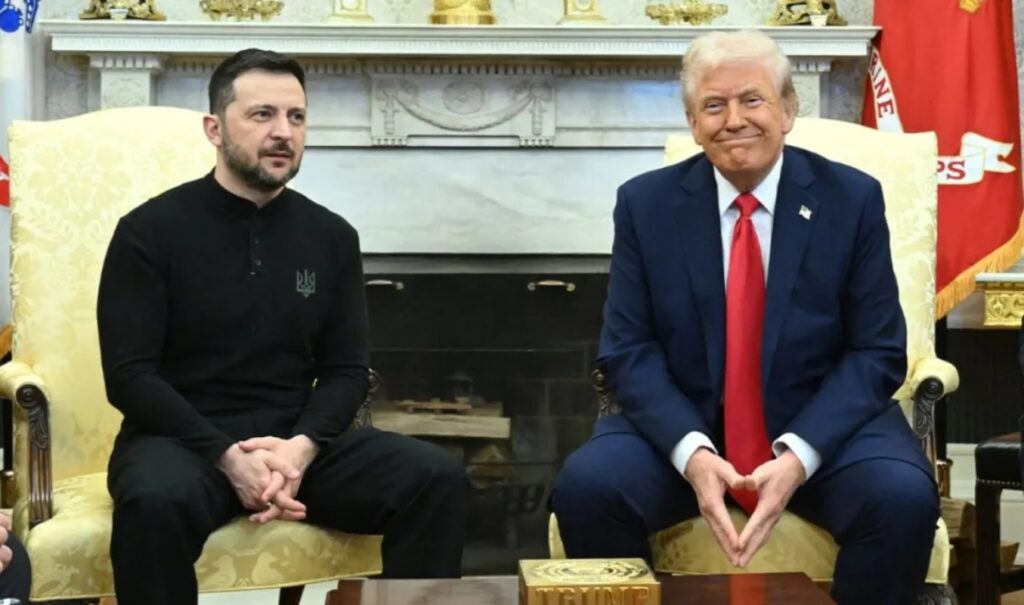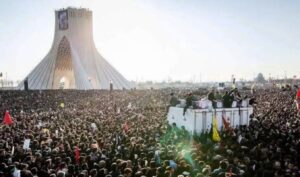The ice that hasn’t melted in Alaska, the ceasefire agreement that never came, the expectations that remain. These circumstances lead to a unique situation that summarizes the atmosphere before the upcoming crucial meeting at the White House between Donald Trump, Volodymyr Zelensky, and seven top European officials. In this multi-faceted equation, there are many questions as well as demands and vetoes from each side. The diplomatic temperature is rising to new heights before the issue of Ukrainian territories is put on the table, particularly the eastern region claimed by Russia, while Europeans place respect for Ukraine’s territorial sovereignty at the top of their agenda – something that holds different meaning for the American president who insistently demands an end to the war.
As international media report just hours before the crucial meeting (at 20:00 Greek time), Donald Trump, having managed to end the 12-day war between Israel and Iran, opening diplomatic channels with the Middle East and maintaining a positive climate – in terms of contacts and talks – with his Russian counterpart, seeks to end the war in Ukraine as well. After all, from the beginning of his second term – as it appeared – he was crafting the profile of a peacemaker while simultaneously wanting to stop Republican complaints within his party about funding and defense support for Ukraine. However, it remains to be seen how accommodating the American president will be and to what extent he will cooperate with Europe and Ukraine for a win-win plan and security guarantees.
European leaders, especially those in Washington today, connect Ukraine’s security with that of Europe. At the same time, they continue to worry about Moscow’s next moves, whether it will openly threaten NATO countries due to its expansionist ambitions.
European leaders strongly oppose the idea of changing international borders, while focusing on convincing Trump that no treaty should be agreed without Kyiv’s participation.
Trump-Zelensky meeting on Ukraine war: Key points that threaten negotiations
The basic points of disagreement between Moscow and Kyiv remain, with the former continuing to present ultimatums and insist on its demands. Specifically, Russia wants all of Donbas, but Ukraine doesn’t want to surrender it.
The question is how Moscow will accept, ten years after the annexation of Crimea, to abandon this position and what the next day will look like in Ukraine’s eastern territories.
The other major issue is security guarantees for Ukrainian territories as well as fears of renewed tensions and potential future conflicts in Europe.
Putin, as often noted, has not moved away from his “maximalist demands” from the first day of the war in 2022. His position essentially amounts to Ukraine’s complete return to Russia, with a submissive president friendly to Moscow, that is, a kind of “Belarus on the Black Sea”.
However, under US pressure, there are indications that Putin could be willing to accept an end to hostilities if Ukraine were ready to surrender the remaining 30% of Donetsk that Russia has not yet conquered.




